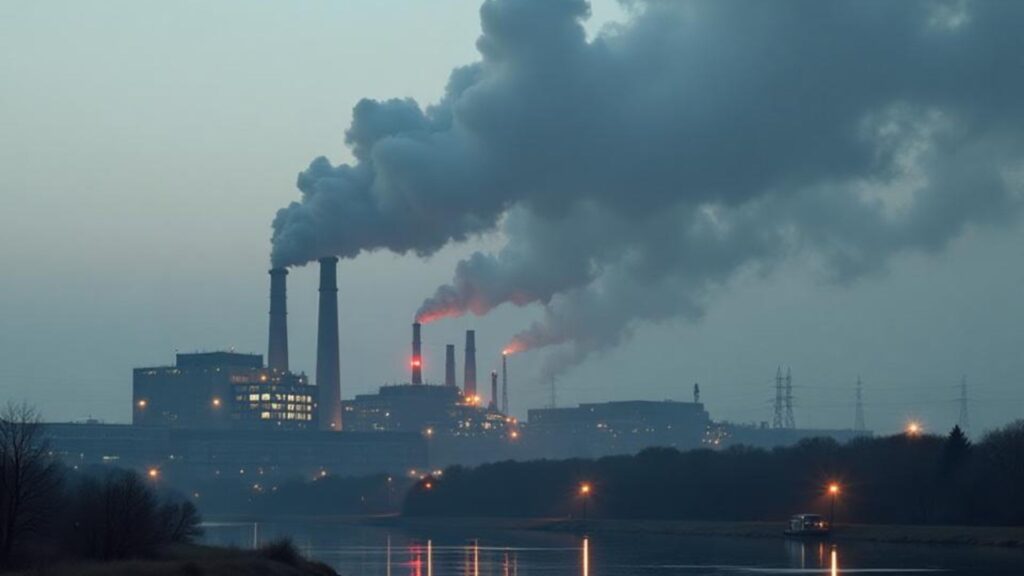The European Commission has unveiled a landmark proposal to slash greenhouse gas emissions by 90% by 2040 compared to 1990 levels, reinforcing the European Union’s long-term commitment to achieving climate neutrality by 2050.
The new 2040 target builds on the EU’s existing climate objective of reducing emissions by at least 55% by 2030. European Commission President Ursula von der Leyen emphasized that the updated roadmap aims to address growing public concern over climate impacts while offering a clear signal to businesses and investors.
“As European citizens increasingly feel the impact of climate change, they expect Europe to act,” von der Leyen said. “Today we show that we stand firmly by our commitment to decarbonize the European economy by 2050. The goal is clear, the journey is pragmatic and realistic.”
Flexibility for Member States and Industry
As part of the proposal, the Commission introduced a key amendment offering a more adaptable framework for member states and industries. From 2036, countries would be allowed to use international carbon credits—up to 3% of the 90% target—helping to ease the burden on domestic industries that have expressed concerns over strict compliance measures.
EU Commission Vice President Teresa Ribera stressed that the new approach aims to balance environmental goals with economic needs. “We are not choosing between the economy and the green agenda—we are choosing both,” she stated. “Europe reaffirms its commitment to a fair, ambitious, and competitive green transition.”
Scientific Backing and Public Consultation
The proposal is underpinned by in-depth assessments from the Intergovernmental Panel on Climate Change (IPCC) and the European Scientific Advisory Board on Climate Change. The Commission also engaged with member states, civil society groups, stakeholders, and citizens during the drafting process.
Resistance from Some Member States
Despite broad ambitions, the proposal faces resistance from several countries. Poland and the Czech Republic have consistently voiced skepticism, citing economic strain and energy security. Italy and Hungary have also expressed concern over the potential consequences of decarbonizing heavy industry, especially amid global competition from the U.S. and China.
The draft legislation will now proceed to the European Parliament and the Council for deliberation and potential adoption through the ordinary legislative procedure. If passed, it would mark a critical step toward the EU’s 2050 climate neutrality goal.

